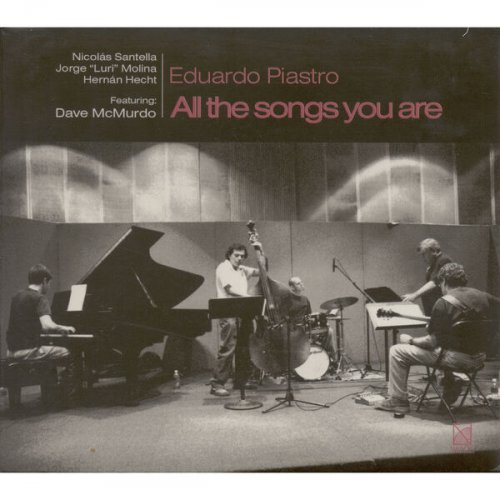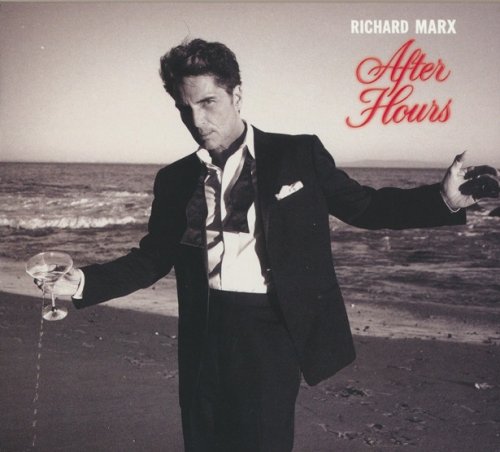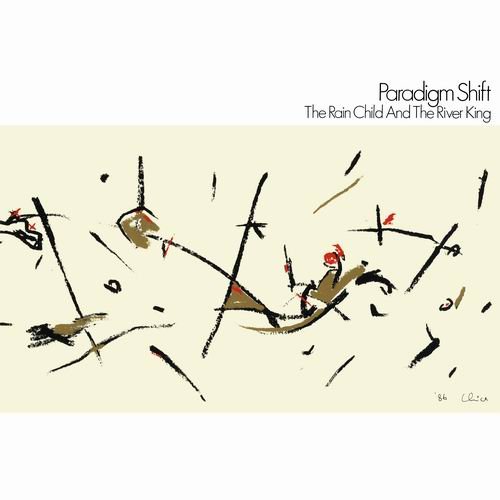Davide Bandieri, Matteo Fossi, Quartetto Savinio - Weber: Complete Chamber Music for Clarinet (2022) [Hi-Res]

Artist: Davide Bandieri, Matteo Fossi, Quartetto Savinio
Title: Weber: Complete Chamber Music for Clarinet
Year Of Release: 2022
Label: Brilliant Classics
Genre: Classical
Quality: flac lossless (tracks) / flac 24bits - 44.1kHz +Booklet
Total Time: 01:04:40
Total Size: 297 / 593 mb
WebSite: Album Preview
TracklistTitle: Weber: Complete Chamber Music for Clarinet
Year Of Release: 2022
Label: Brilliant Classics
Genre: Classical
Quality: flac lossless (tracks) / flac 24bits - 44.1kHz +Booklet
Total Time: 01:04:40
Total Size: 297 / 593 mb
WebSite: Album Preview
01. Clarinet Quintet in B-Flat Major, Op. 34: I. Allegro
02. Clarinet Quintet in B-Flat Major, Op. 34: II. Fantasia. Adagio ma non Troppo
03. Clarinet Quintet in B-Flat Major, Op. 34: III. Menuetto. Capriccio Presto
04. Clarinet Quintet in B-Flat Major, Op. 34: IV. Rondo. Allegro Giocoso
05. Variations on a Theme from the Opera Silvana in B-Flat Major, Op. 33: I. Andante con Moto
06. Variations on a Theme from the Opera Silvana in B-Flat Major, Op. 33: II. Variation I.
07. Variations on a Theme from the Opera Silvana in B-Flat Major, Op. 33: III. Variation II. Con Grazia
08. Variations on a Theme from the Opera Silvana in B-Flat Major, Op. 33: IV. Variation III. Poco Adagio
09. Variations on a Theme from the Opera Silvana in B-Flat Major, Op. 33: V. Variation IV. Tempo primo animato e con fuoco variation V.
10. Variations on a Theme from the Opera Silvana in B-Flat Major, Op. 33: VI. Variation VI. Lento
11. Variations on a Theme from the Opera Silvana in B-Flat Major, Op. 33: VII. Variation VII. Allegro
12. Gran duo concertant in E-Flat Major, Op. 48: I. Allegro con Fuoco
13. Gran duo concertant in E-Flat Major, Op. 48: II. Andante con Moto
14. Gran duo concertant in E-Flat Major, Op. 48: III. Rondo. Allegro
Carl Maria von Weber had a special fondness for the clarinet, finding it the ideal instrument for expressing the profound Romanticism he had made his own.
He borrowed from a youthful composition, his opera Silvana completed at the age of 24, for his Opus 33 Clarinet Variations. Encouraged by critics to rework the opera’s "overly instrumental" vocal parts, he deleted two arias, but the following year reused the melody of the second of these for his Seven Variations for Clarinet and Piano, Op. 33 (1811). He develops the instantly hummable theme with its cheerful dotted rhythm stylishly, imaginatively and virtuosically, showcasing the full extent of the clarinettist’s abilities while also allowing the piano to shine in two of the seven variations. The piece was premiered in Prague at a private residence by Weber and his friend and touring partner Heinrich Bärmann, whom he had met a few months earlier in Darmstadt. The clarinettist Bärmann had instantly won Weber over with his prodigious technique and highly expressive sound.
In 1815, Weber left Prague for Munich to meet with Bärmann, and there he composed the second and third movements of what would become the Grand Duo concertant, Op. 48 with the addition of an opening movement in November 1816. In this work Weber gets the very best out of two quintessentially Romantic instruments, but - well aware of his own abilities (Weber was an excellent concert pianist, with exceptionally large hands) - he also challenges himself with a demanding piano part, presenting two co-protagonists "competing" enthusiastically with one another through myriad arpeggios, scales and virtuoso passages.
Another piece from 1815, is the Quintet for Clarinet and String Quartet, Op. 34, premiered on 26 August at Bärmann’s home. While the first sketches date back to 1811, when Weber first met Bärmann and composed the Concertino, Op. 26, the two Concertos, Op. 73 & Op. 74 and the aforementioned Seven Variations for him, he would continue working on it in 1812 in Munich and 1813 in Prague, before completing it in Munich in 1815. The work is almost concerto-like, with the strings supporting the clarinet and falling away at just the right moment to allow it to express itself, before returning immediately afterwards, in a refined yet playful dialogue.
Played by Italian master clarinetist Davide Bandieri, who played solo clarinet in the Lucerne Festival Orchestra and Mahler Chamber Orchestra conducted by Claudio Abbado. For this recording he secured the collaboration of such eminent instrumentalists as pianist Matteo Fossi and the Quartetto Savinio.
![JJ Whitefield & Forced Meditation - Birth Of Consciousness (2026) [Hi-Res] JJ Whitefield & Forced Meditation - Birth Of Consciousness (2026) [Hi-Res]](https://www.dibpic.com/uploads/posts/2026-01/1769020727_l9wocglubqqub_600.jpg)





![NDR Bigband - Talking to Béla (2026) [Hi-Res] NDR Bigband - Talking to Béla (2026) [Hi-Res]](https://www.dibpic.com/uploads/posts/2026-01/1769085002_u7lizm4pfqjcu_600.jpg)

![Santana - Welcome (1973/2023) [SACD] Santana - Welcome (1973/2023) [SACD]](https://www.dibpic.com/uploads/posts/2026-01/1769277127_r-29060644-1701353988-9077.jpg)